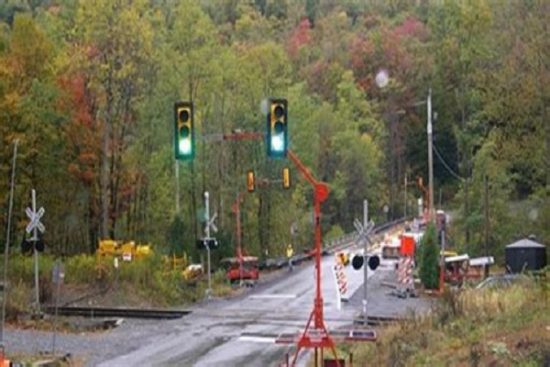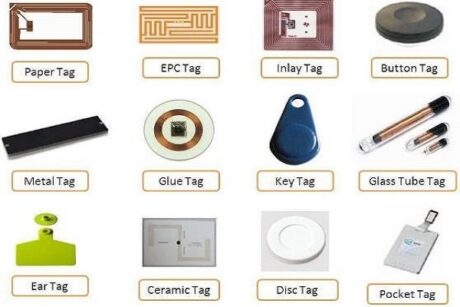No data found for Custom Course Number
No data found for Custom Course Units
Intended Audience: civil, transportation, and construction engineers involved in the planning, construction and maintenance of low-volume roads
PDH UNITS: 9
This course presents an overview of the key planning, location, design, construction, and maintenance aspects of low-volume roads—defined as roads with an average daily traffic of less than 400 vehicles per day—that can cause adverse environmental impacts and lists Best Management Practices to prevent those impacts. The course addresses most basic roads issues in as simple a manner as possible, leaving narrow technical issues to the specialist. Included are key “DO’s” (Recommended Practices) and “DON’Ts” (Practices to Avoid) in low volume roads activities, along with basic design information. These fundamental practices apply to roads worldwide and for a wide range of road uses and standards. This course is based on the USDA, Forest Service document, “Low-Volume Roads Engineering, Best Management Practices Field Guide”, by Gordon Keller and James Sherar, July 2003.
Learning Objectives
At the successful conclusion of this course, you’ll be able to identify and discuss: • Environmental analysis • Reducing vulnerability of roads to natural disasters • Streamside management zones • Timber harvesting • Road planning • Road location • Road survey, design, and construction • Road costs • Road maintenance • Road closure • Hydrology for drainage crossing design • Tools for hydraulic and road design • Roadway surface drainage control • Control at inlets and outlets of cross-drains and ditches • Natural stream crossings • Wet areas and meadow crossings, use of underdrains • Culvert use, installation, and sizing • Fords and low-water crossings • Bridges • Slope stabilization and stability of cuts and fills • Roadway materials and material sources • Erosion control • Stabilization of gulliesOnce completed, your order and certificate of completion will be available in your profile when you’re logged in to the site.










